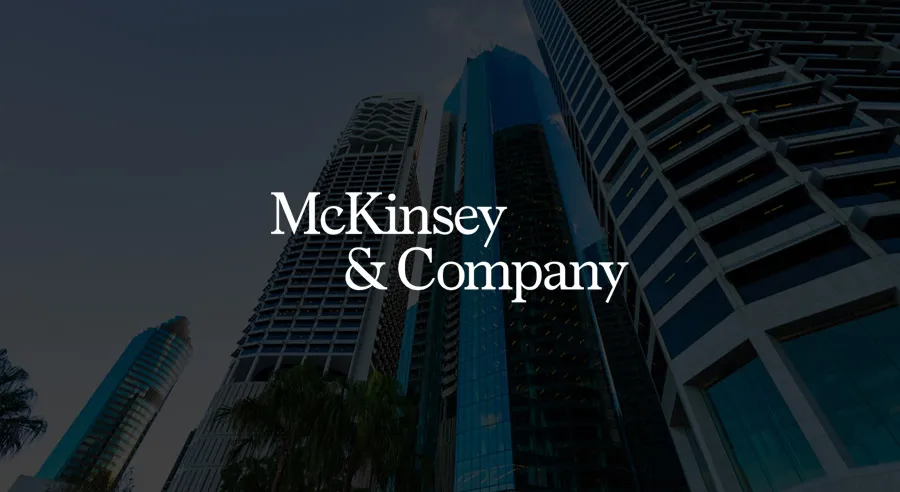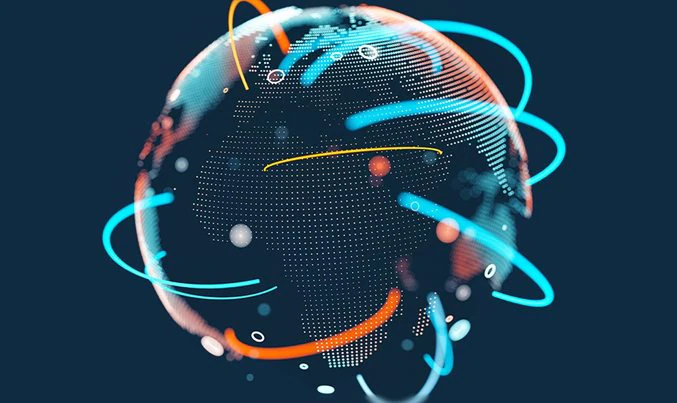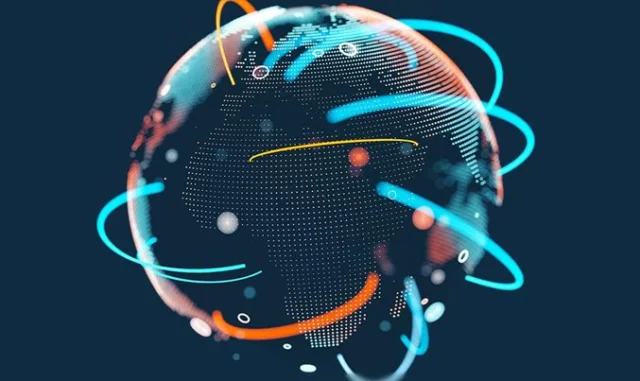In a landmark report released this week, McKinsey & Company has raised expectations for Africa’s future in artificial intelligence. Their study, titled “Leading, not lagging: Africa’s gen AI opportunity”, contends that generative AI (gen AI) could deliver between US$61 billion and US$103 billion in additional economic value each year across the continent—if several systemic barriers are addressed. Including traditional AI methods alongside gen AI, the total potential may exceed US$100 billion annually.
Table of Contents

Africa’s Generative AI Potential: Real, Not Just Theoretical
McKinsey’s assessment insists that this is not merely speculative. According to the report, Africa already shows early signs of being an AI pioneer in certain respects. Digital infrastructure, such as mobile payments and cloud adoption, has allowed some countries to leapfrog over legacy constraints that have hindered development elsewhere.
These “leapfrog opportunities” mean that Africa may avoid or shorten phases of development that other parts of the world have already worked through—if investments and governance catch up. The report emphasises that unless governments, private businesses, and institutions act decisively, much of the potential value could go unrealised.
Sector-by-Sector Winners: Where Gen AI Can Make an Immediate Impact
The McKinsey report identifies several sectors that stand to gain the most from gen AI deployment. These include banking, retail, consumer packaged goods (CPG), telecommunications, insurance, mining/heavy industry & energy, and public sectors such as health and education.
- Banking: Use-cases like hyper-personalised marketing, credit risk and fraud detection, and legacy system modernisation. AI tools can help banks process data more intelligently, predict credit defaults, tailor customer interactions, and streamline operations.
- Retail and CPG: Virtual shopping assistants, automatic content creation for marketing, optimisation of stock and supply chains, and refining store operations are expected to be disruptive. These sectors often deal with large volumes of customer data and patterns where generative models can help automate tasks and personalise customer experiences.
- Telecommunications: Improved customer service via chatbots and agent assistants; smarter network management; operations automation. Telcos are in a strong position because they already collect huge amounts of data, run large networks, and have scale.
- Public Sector (Health & Education): Systems such as clinical documentation, patient-/citizen-service workflows, learner assessment and tailored educational content are among the highest-impact areas. Gen AI could help reduce administrative burdens, speed up service delivery, and improve quality.
Key Barriers: What Must Be Overcome
Despite the excitement, McKinsey is careful to underline serious obstacles that could limit how much of this promise Africa can realise.
- Infrastructure Deficits
Several countries still lack reliable electricity, high-performance computing, and regional cloud infrastructure. Outside of hubs such as South Africa, cloud-provider presence and compute infrastructure are either absent, underdeveloped, or expensive. These gaps make scaling up gen AI very difficult. - Skills and Talent Gaps
While there is demand for experts in areas like prompt engineering, large language model (LLM) deployment, and domain-specific applications, the supply is thin. Many organisations and governments are behind in training, attracting, or retaining these specialised roles. - Regulatory, Legal and Data Challenges
In many African nations, legal frameworks for data privacy, cross-border data flows, intellectual property, and the regulation of AI are still nascent. Without clear regulation, enterprises hesitate to invest heavily in AI projects due to fears of compliance issues, liability, and potential misuse of data. - Data Quality and Domain Relevance
It’s one thing to have data; it’s another to have good, clean, contextualised data. McKinsey warns that organisations often lack domain-specific datasets. Poor input data can lead to bias, inaccurate output, and reduced public trust. Knowledge repositories and data governance practices are weak or missing in many sectors.

Path Forward: What Leaders Are Doing, and What Others Must Learn
McKinsey points out that while many challenges loom, certain organisations in Africa are already showing how to make progress. The study synthesises lessons from early adopters—public and private—that are succeeding in navigating the obstacles.
- Focus on one high-impact use case from end-to-end before spreading resources across many pilots. Doing so helps build momentum, demonstrate value, and develop learning that can scale.
- Combine generative AI with traditional AI and analytics, rather than seeing them as separate silos. Many powerful applications depend on both: gen AI for creativity and advanced automation; traditional analytics for stability, prediction, and operations.
- Embed risk, compliance, and legal oversight from the start. Early adoption gets derailed when regulatory, ethical, or legal problems crop up. Best practice is to build these into strategy, not add them as afterthoughts.
- Invest in infrastructure, computing, and power. Without reliable electricity, fast internet connections, and affordable cloud or compute services, even the best AI models perform poorly or inconsistently.
What’s at Stake – And Why Urgent Action is Needed
The economic stakes are enormous. If Africa can harness the full potential of generative AI, the continent could see transformative shifts in service delivery, productivity, employment, and citizen quality of life. Unleashing up to US$100+ billion annually could help fund health systems, improve education outcomes, modernise public services, and accelerate growth in sectors like fintech, manufacturing, and energy.
At the same time, lagging behind could risk increased inequality between those countries or companies that manage to adopt these technologies well and those that do not. There are also risks of misuse, bias, and lack of accountability if generative AI is deployed without sufficient regulatory, ethical, and social guardrails.

Conclusion
McKinsey’s report is a wake-up call: Africa has a genuine generative AI opportunity that could be worth tens of billions of dollars annually. But realising that opportunity depends on bold leadership, strategic investment, capacity building, and enabling regulation. The time for talking is over—Africa must now lead, not lag.
Join Our Social Media Channels:
WhatsApp: NaijaEyes
Facebook: NaijaEyes
Twitter: NaijaEyes
Instagram: NaijaEyes
TikTok: NaijaEyes





